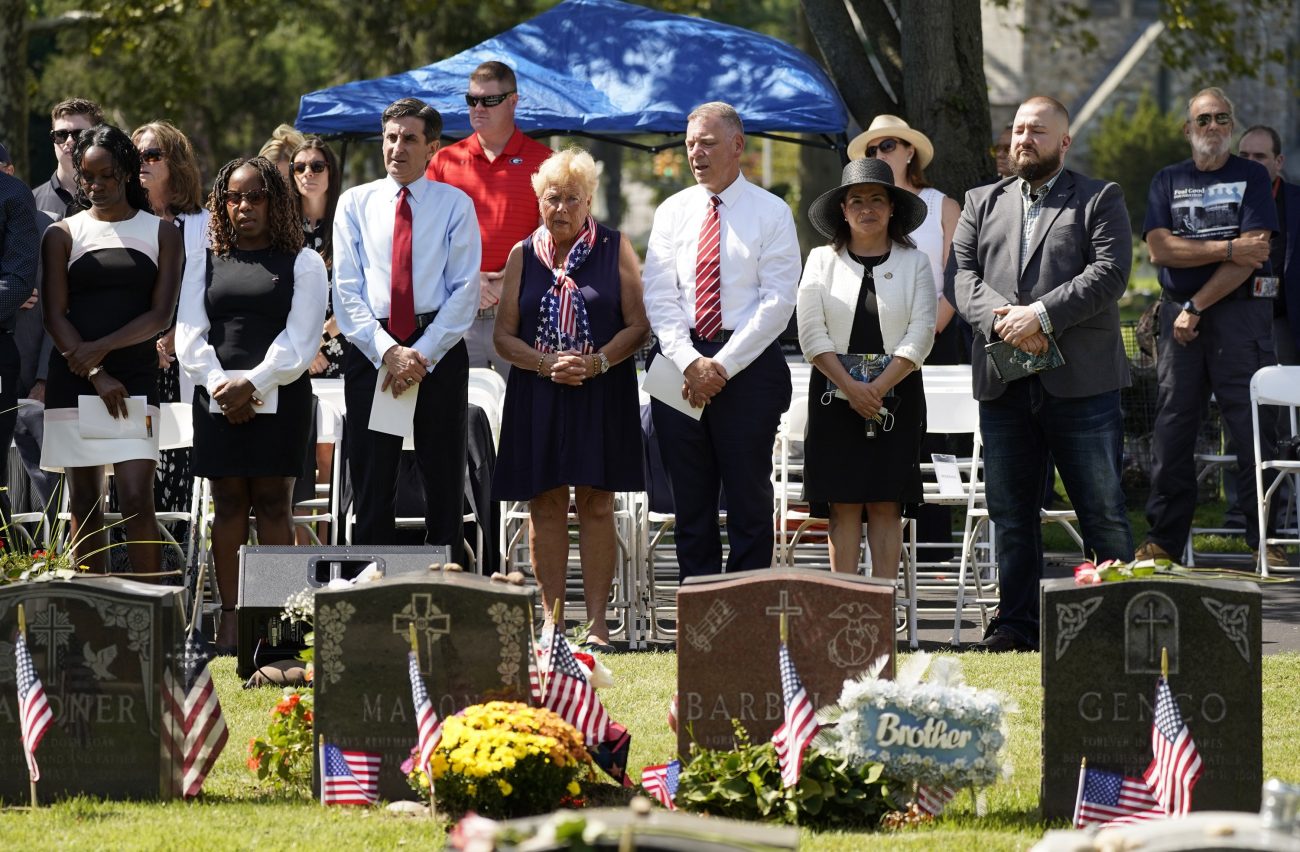“Blessed are they who mourn,” Jesus tells us in the second beatitude delivered at his Sermon on the Mount, “for they will be comforted” (Mt 5:4).
So what is comfort? And who offers that comfort?
As a parish music and liturgy director for the past 35 years, my wife was frequently the one who met with grieving family members or friends to plan the funeral or memorial Mass for a departed loved one.
But for her, this portion of her ministry involved much more than suggesting appropriate choices for music and Scripture readings.
It involved presence.
[tower]
As one who herself had experienced the loss of parents, a sibling and other relatives and friends, she understood the importance of being physically present to family members and friends who were in various stages of their own grieving process.
By meeting with them, or speaking with them on the phone, she not only learned more about the departed as well as the family and friends left behind; she built a connection — a trust, really — with these family members.
A connection that told them, “Someone cares about you, someone feels your pain, someone is here to walk with you, give you hope and help you move forward.”
In some cases, the family had been away from church for some time and were, to put it bluntly, clueless about what could and couldn’t be done at a funeral Mass.
But for my wife, this was a chance not only to educate but, in a very real sense, to evangelize — not by browbeating them about why they hadn’t been coming to church, but to remind them that they were always welcome in the house of the Lord who is always present in their lives.
By learning more about what mattered to these individuals, my wife was better able to serve their needs, by being what all who serve this church are called to be: the loving face of God, and the gentle hands of Jesus who helps to raise the lowly, heal the brokenhearted and, yes, comfort those who mourn.
Her efforts were reflected in the numerous thank-you cards, calls and letters she received from the family of the deceased in the days after the Mass. Many of the messages spoke of the comfort and peace that those attending experienced from the Mass.
And many of these people returned on All Souls’ Day when our parish held an annual “Mass of Remembrance” to honor those who had died during the previous 12 months.
This liturgy, coordinated by my wife, involved the assistance of dedicated parishioners who created the environment, facilitated the lighting of candles in memory of the departed and hosted a reception after Mass in the parish hall.
Such service is addressed in the bereavement ministry training that many dioceses offer for clergy, religious and lay ministers who serve in their parishes, schools and hospitals.
Often coordinated through the diocesan Catholic Cemeteries office, this training addresses how the local community can best serve the needs of those who mourn — to be the blessing, the presence, the comfort of which Jesus speaks in his Sermon on the Mount.
We know, too, that mourning “loss” does not simply refer to the death of a loved one. It can also mean the loss of a job, or a business, or time spent with family and friends, or good health — a reality that the coronavirus pandemic has driven home quite vividly the past two years.
As Catholics, we are challenged to respond to loss in a way that offers support, hope and strength to those who mourn. We do that by being as present to those who mourn in our midst as Jesus was that day in Galilee.
***
Catholic journalist Mike Nelson writes from Southern California.




Share this story